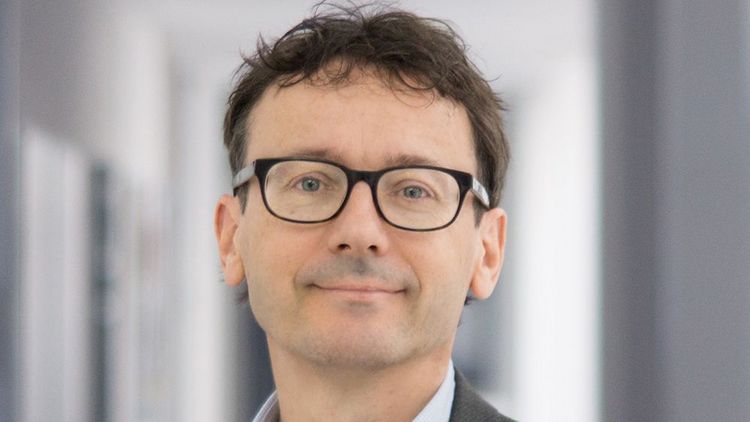The energy supply will be increasingly influenced by digitalisation in the future. On one hand, digitalisation is necessary to realise the energy transition: For example, ICT connectivity can be used to integrate and coordinate renewable energy systems into the power supply. On the other hand, it also involves potential risks, resulting for example from new sources of error and attack surfaces for cyberattacks. These changes will be so fundamental that today's mechanisms, which have made the energy supply in Germany one of the most reliable, will no longer be sufficient.
In order to make the best possible use of the potential of digitalisation for a secure and sustainable energy supply at an early stage and to be able to counter emerging risks for blackouts, the interdisciplinary working group "Resilience of digitalised energy systems" was established under the leadership of Christoph Mayer (OFFIS – Institute for Information Technology) and Gert Brunekreeft (Jacobs University). The experts of the project "Energy Systems of the Future" (ESYS), initiated by acatech - German Academy of Science and Engineering, the National Academy of Sciences Leopoldina and the Union of the German Academies of Sciences and Humanities, developed 15 policy options for action.
These take into account not only technical and regulatory measures, but also include educational campaigns, economic incentives and monitoring measures. This is the only way to do justice to the energy system as a socio-technical system. The aim is not only to make the system robust, but also to be able to react to unforeseen and even unpredictable disruptive events. The concept of resilience serves this purpose, making it possible to intercept disruptive events and return to normal operation with as little damage and cost as possible. In addition to the energy sector and politics, players in the digital industry, equipment manufacturers and private individuals are also explicitly addressed.
At an online event on 05.02.2021, the results of the working group were presented by the WG leaders and discussed in a subsequent panel discussion with speakers from politics and business.
The results were prepared in two formats. Both documents are available for download at the following link: energiesysteme-zukunft.de/presse/meldung/resilienz-digitalisierter-energiesysteme (Translations to English will be available soon)
In a recent interview for the Deutschlandfunk show "Forschung aktuell", Dr. Christoph Mayer takes a closer look at the risks and opportunities that the digitalisation of the electricity grid entails. You can find the interview here as a text and audio contribution:
www.deutschlandfunk.de/digitale-energiesicherheit-mathematiker-stromnetz-kann.676.de.html


